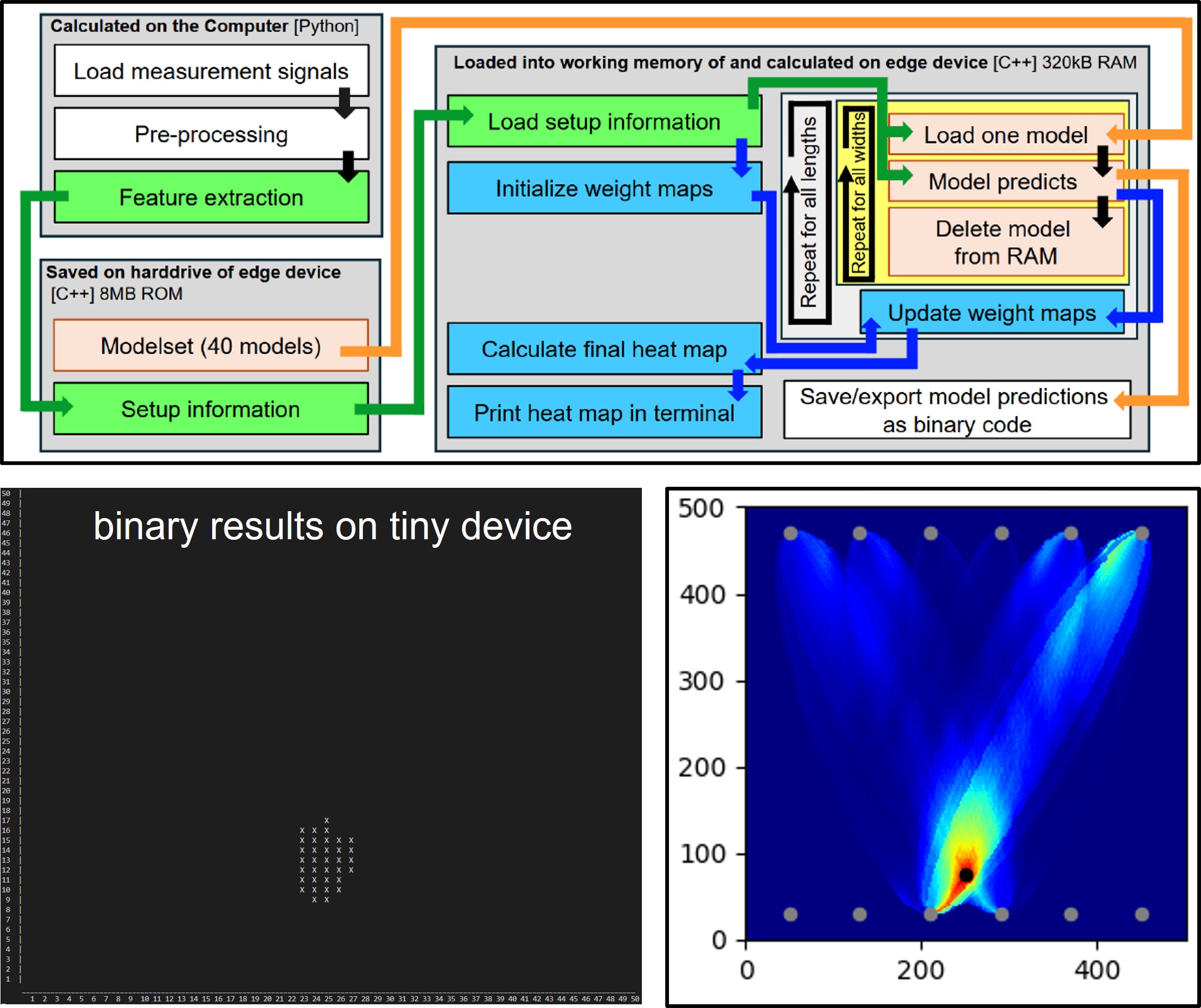A joint paper with Dr. Beata Zima (Gdansk University of Technology, Poland) has been accepted for publication in Mechanical Systems and Signal Processing.
Abstract:
The article investigates the results obtained from numerical simulations and experimental tests concerning the propagation of guided waves in corroded steel plates. Developing innovative methodologies for assessing corrosion-induced degradation is crucial for accurately diagnosing offshore and ship structures exposed to harsh environmental conditions. The main aim of the research is to analyze how surface irregularities affect wave propagation characteristics. An investigation was conducted for antisymmetric fundamental mode A0. Specifically, the study examines the asymmetrical wavefronts generated by nonuniform thickness in damaged specimens. Initially, numerical analysis explores the impact of thickness variation on wave field symmetry. Corroded plates with varying levels of degradation are modeled using the random fields approach, with degradation levels ranging from 0 % to 60 %. Subsequently, the research investigates how the standard deviation of thickness distribution (from 5 % to 20 % of the initial thickness) and excitation frequency (from 50 to 150 kHz) influence recorded signals and the shape of reconstructed wavefronts. Each scenario compares wavefront symmetry levels estimated using rotational and bilateral symmetry degrees as indicative parameters. The numerical simulations are complemented by experimental tests conducted on plates with three different degradation levels. The results demonstrate the efficacy of the proposed wave field analysis approach for assessing structural integrity, as evidenced by the agreement between numerical predictions and experimental observations.
More information:
Zima, B. & Moll, J., Corrosion damage identification based on the symmetry of propagating wavefield measured by a circular array of piezoelectric transducers: Theoretical, experimental and numerical studies, Mechanical Systems and Signal Processing, 2024 (accepted in May 2024)


